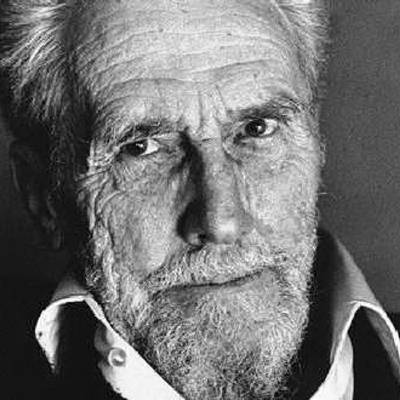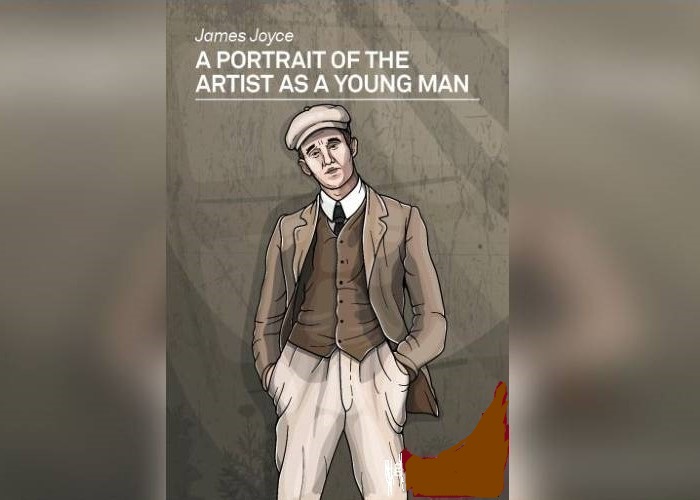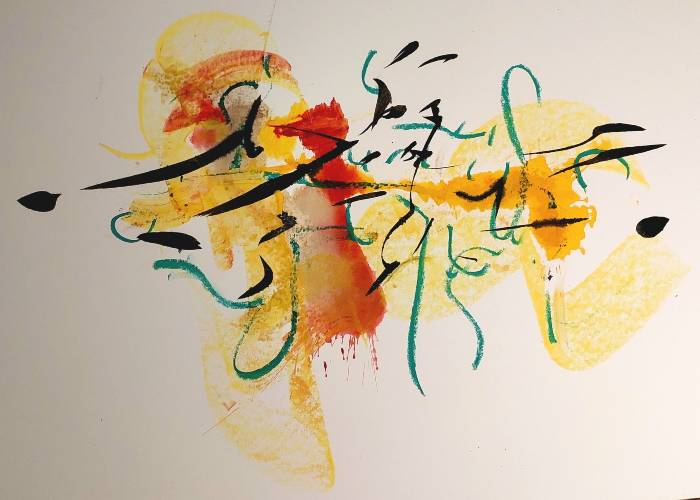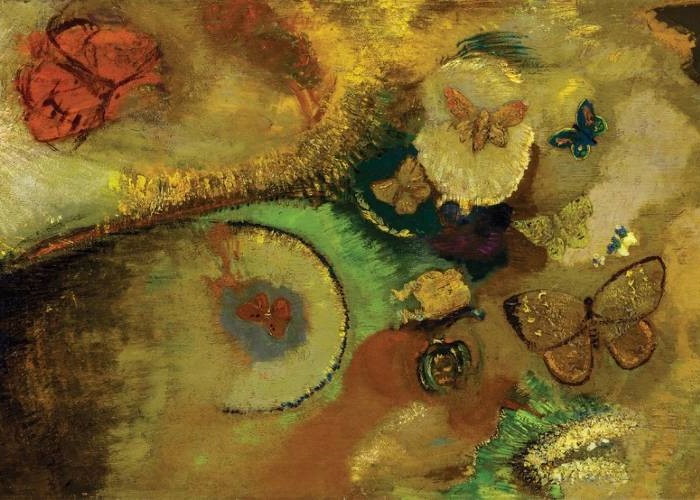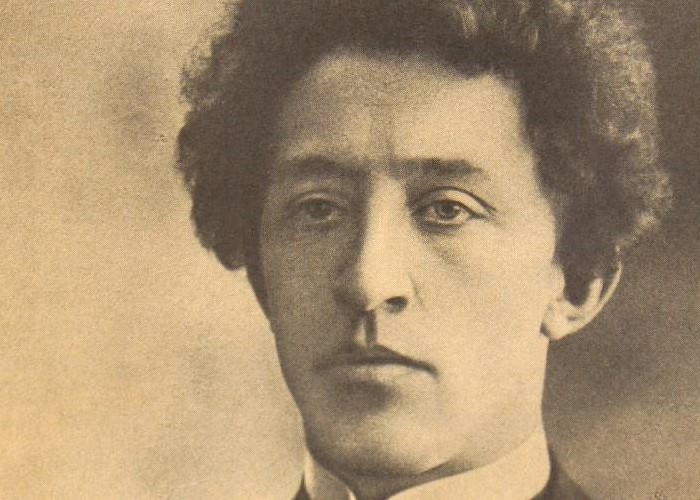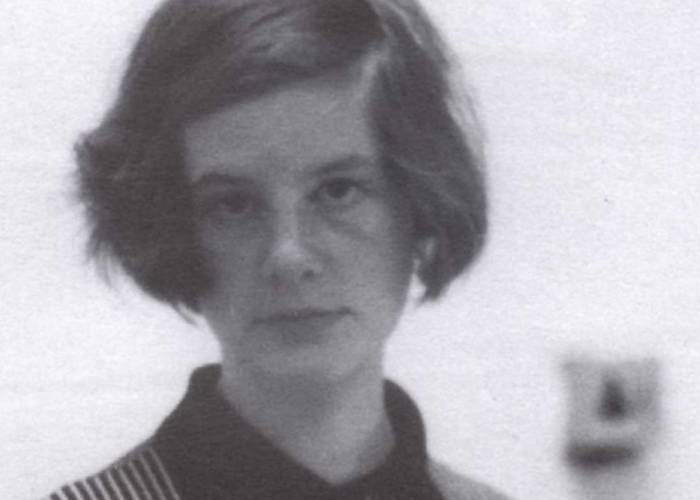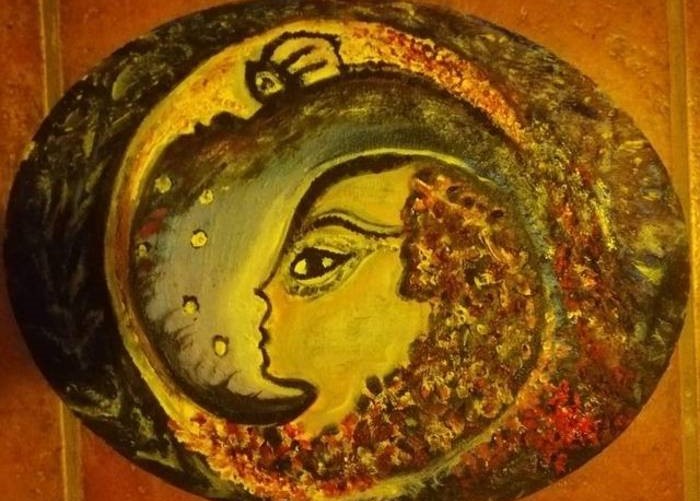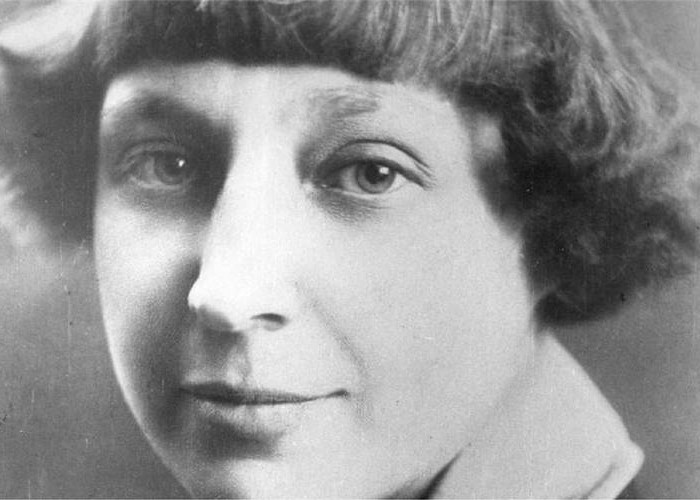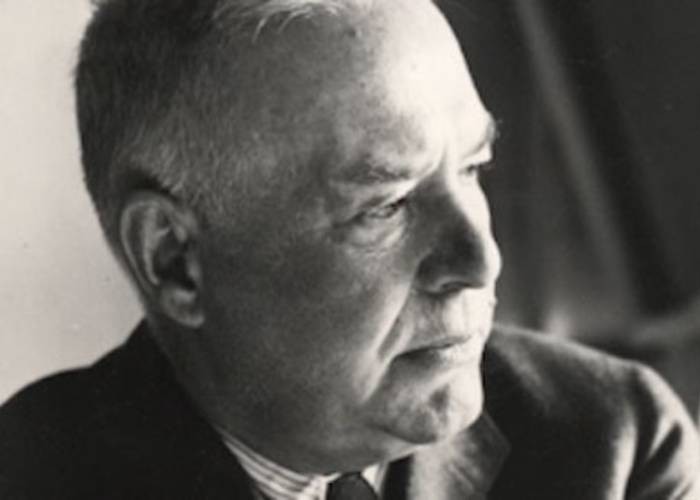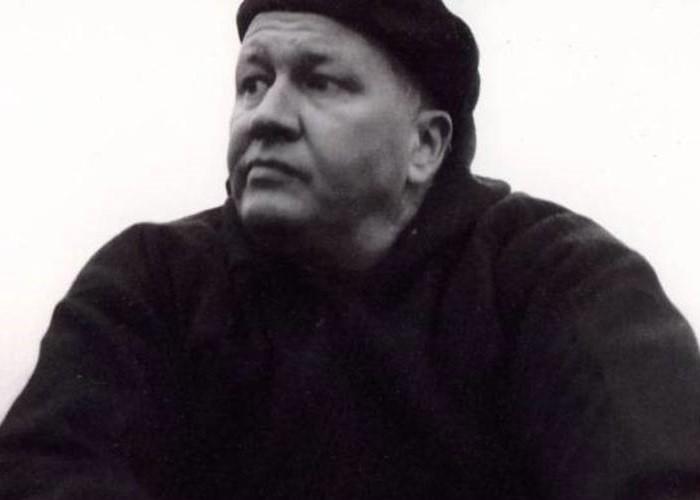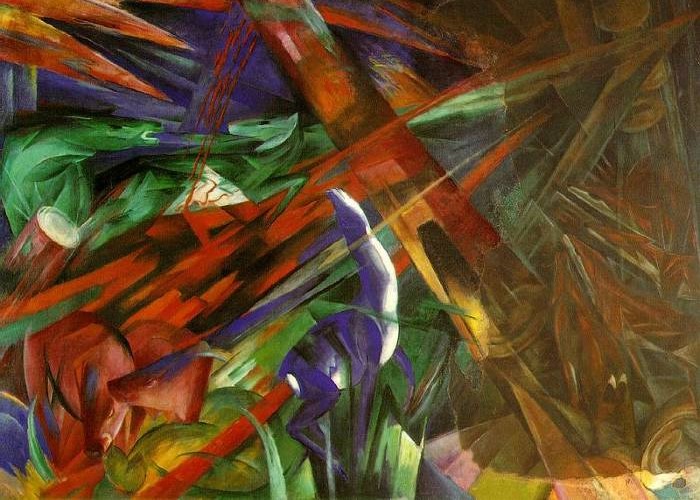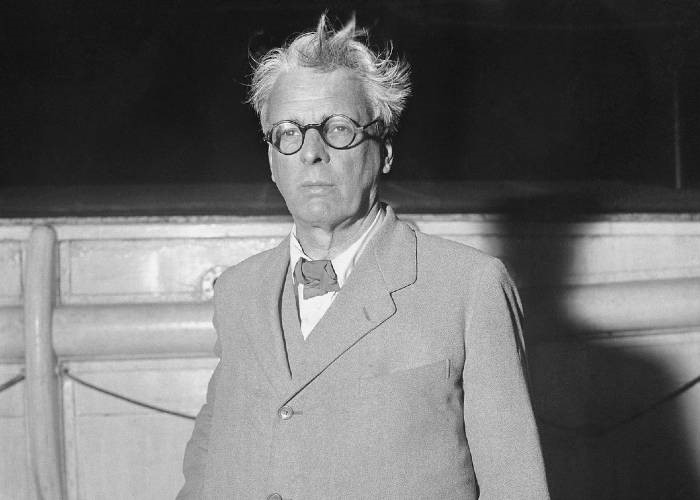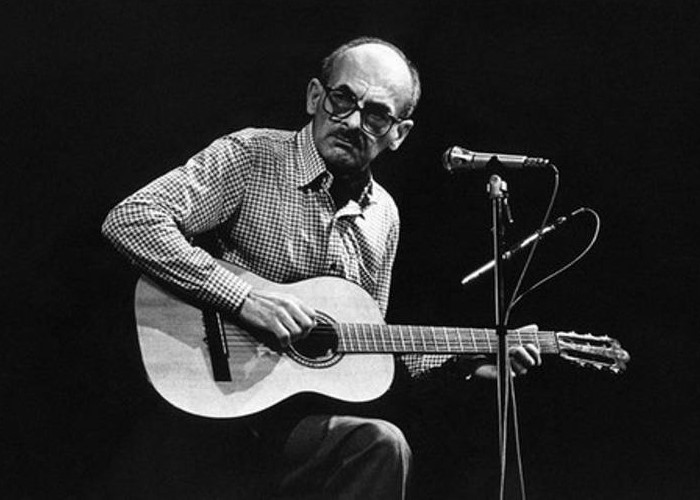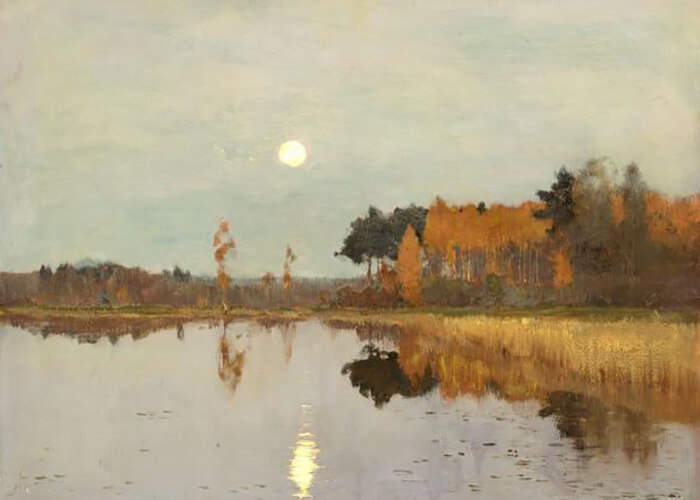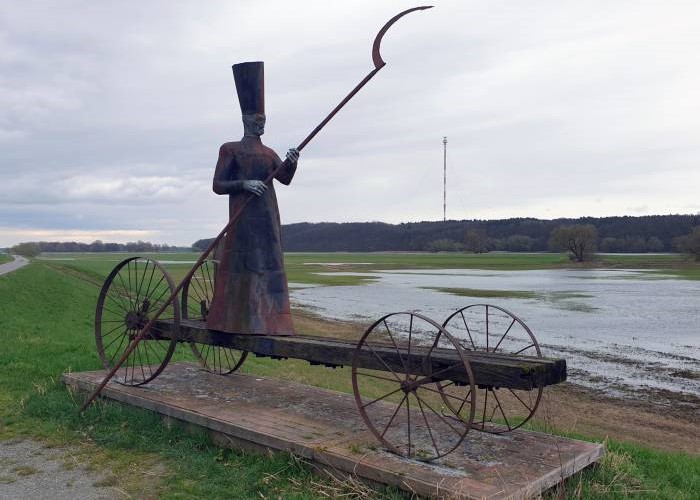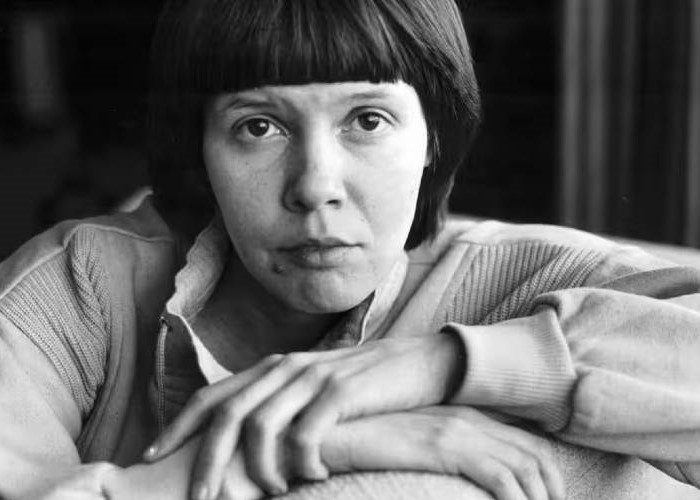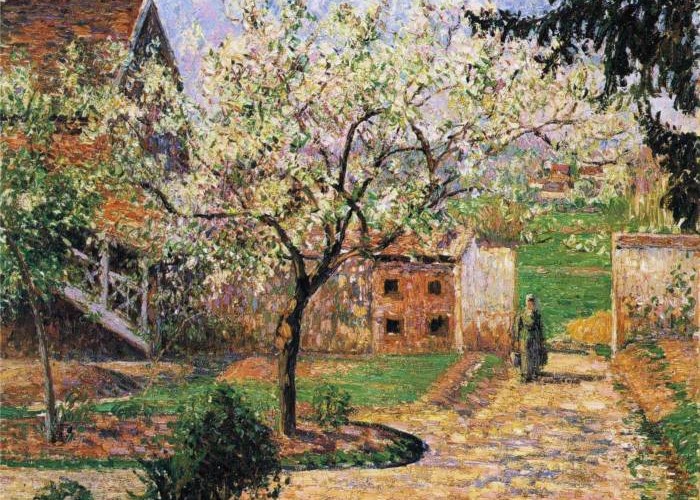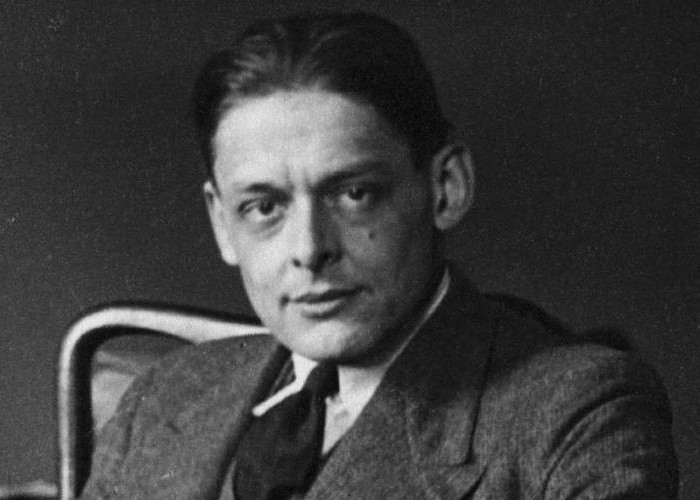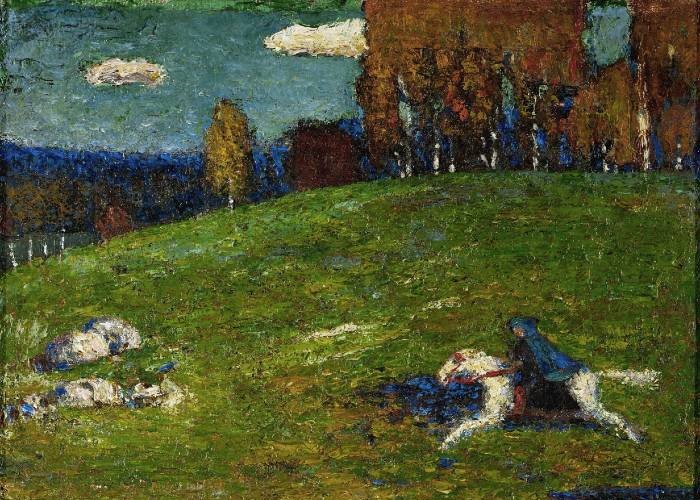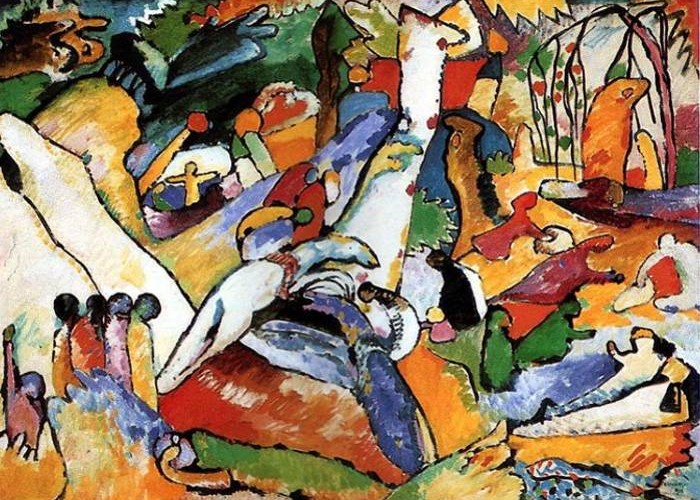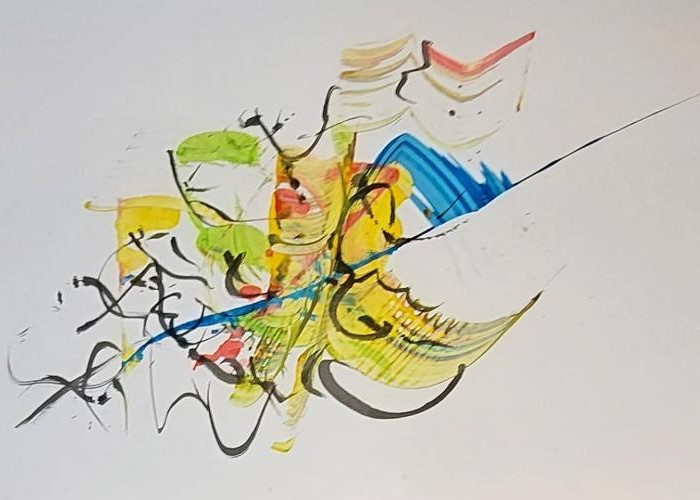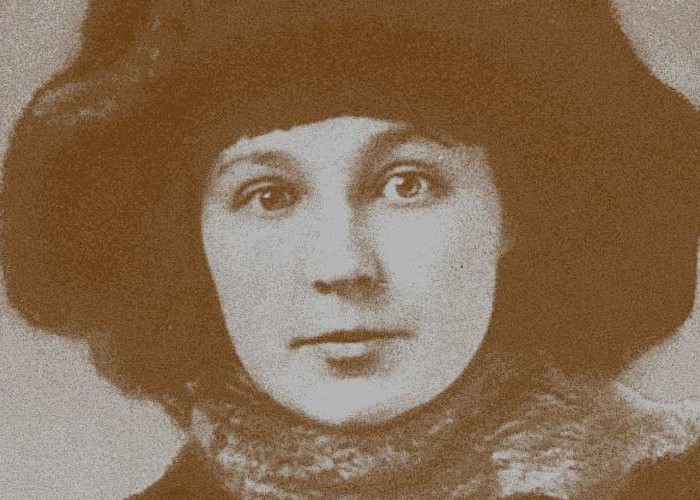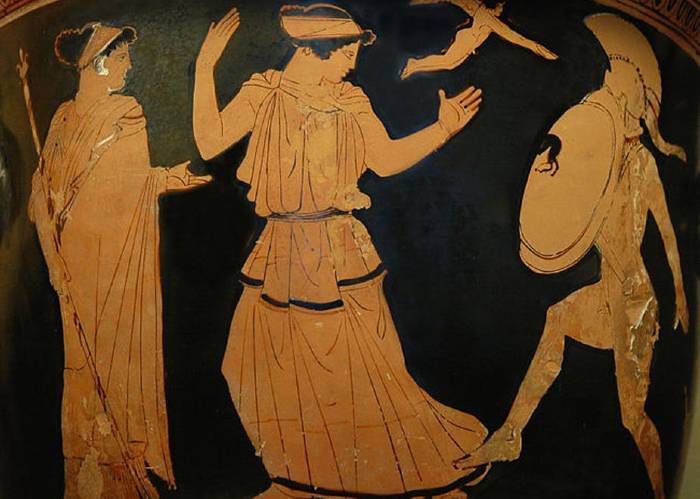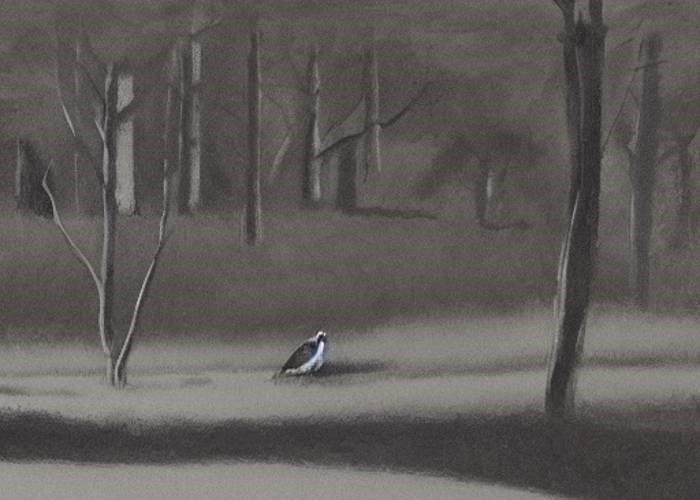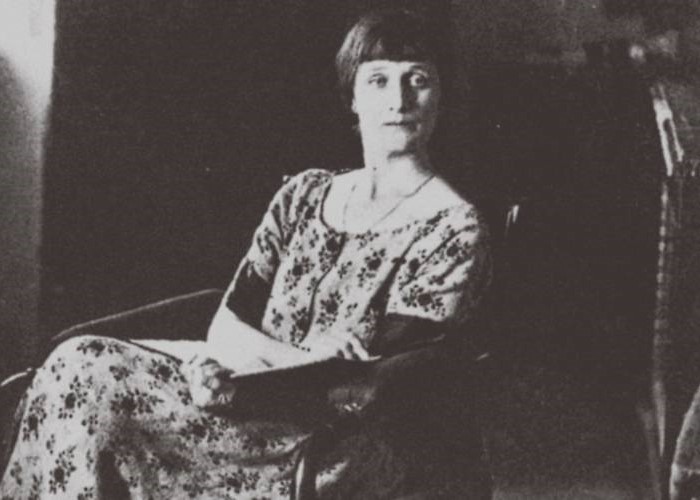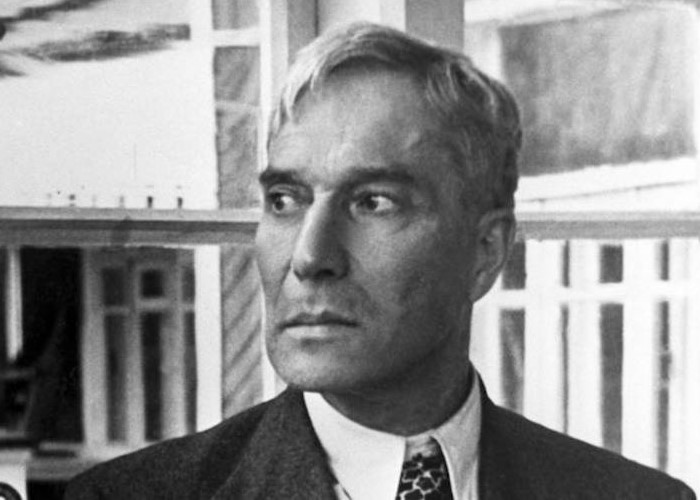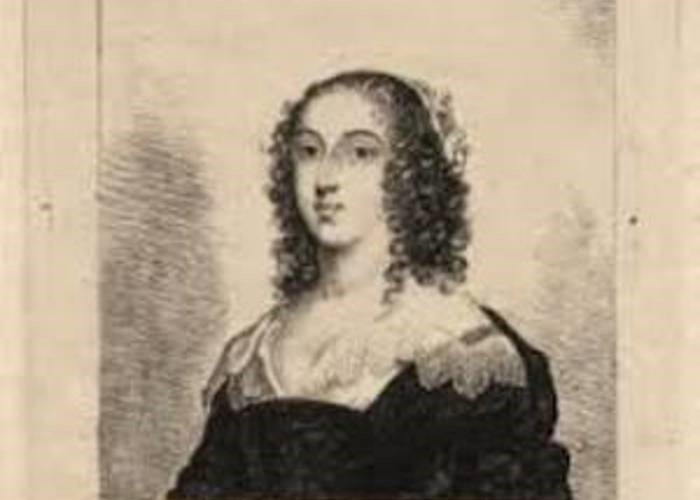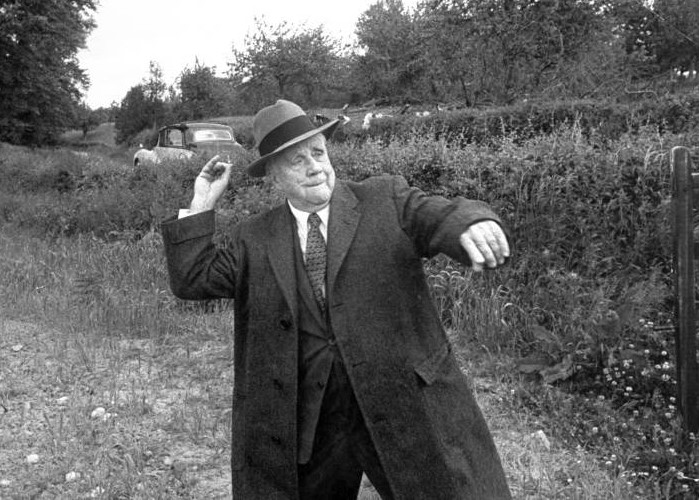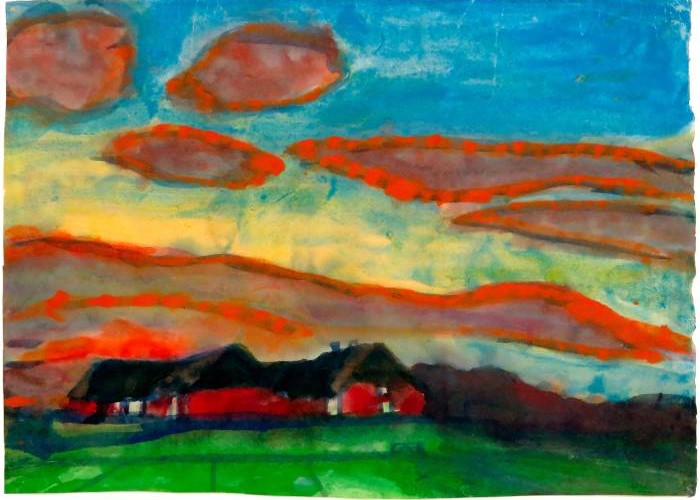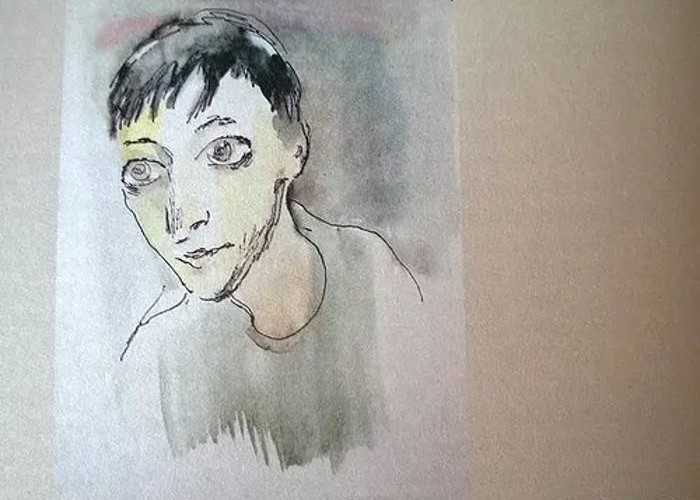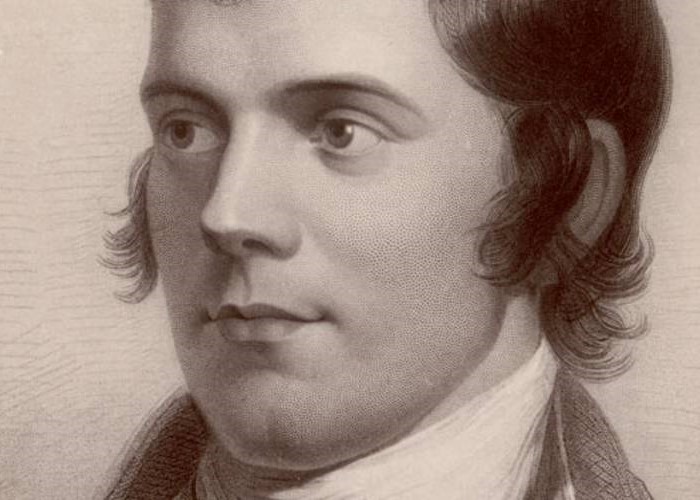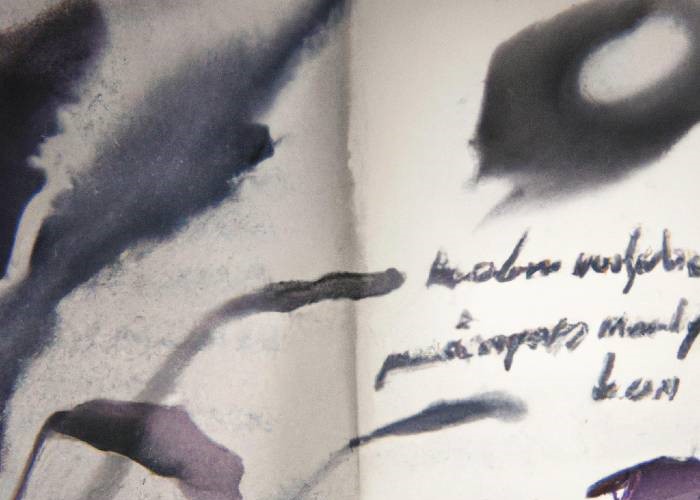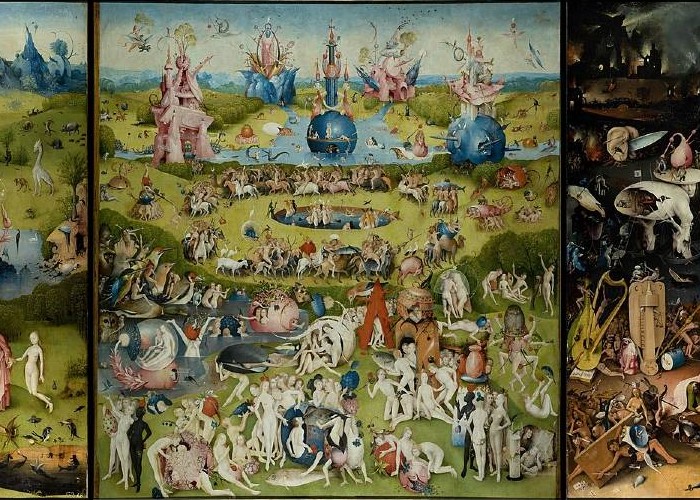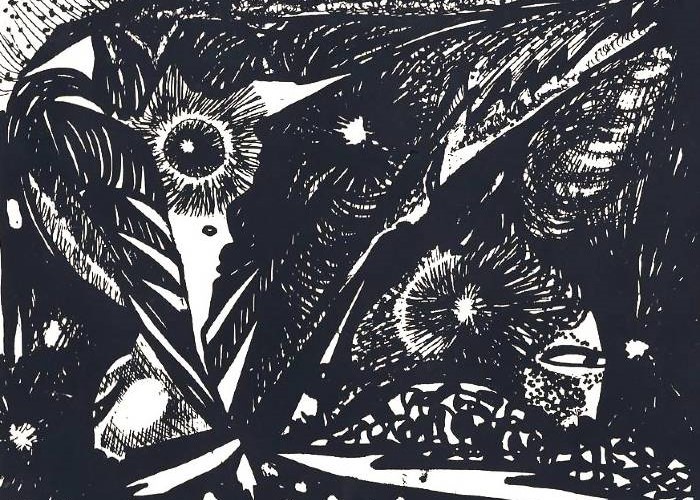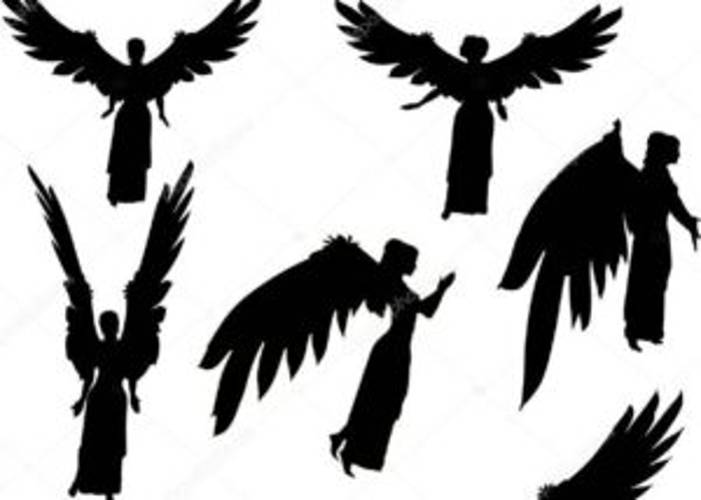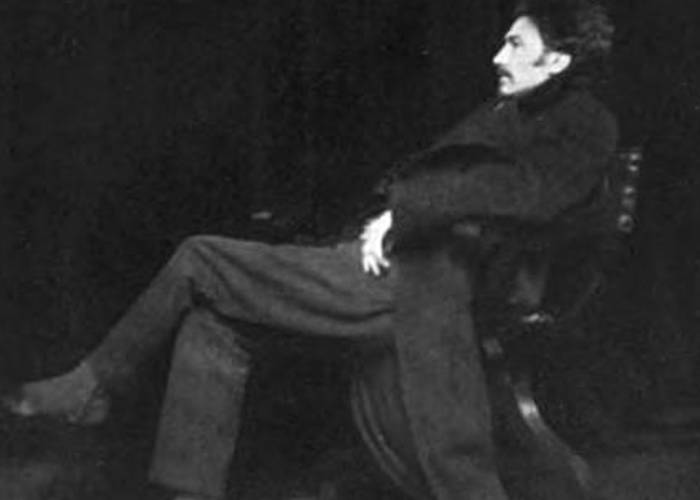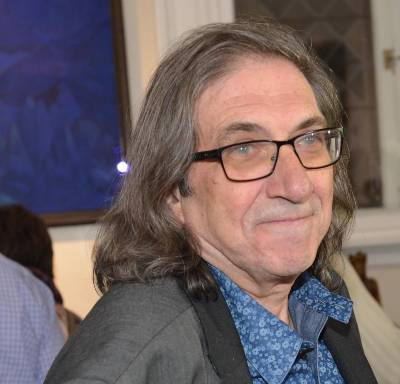GRACE BEFORE SONG
Lord God of heaven that with mercy dight
Th’ alternate prayer wheel of the night
and light Eternal hath to thee, and in whose sight
Our days as rain drops in the sea surge fall,
As bright white drops upon a leaden sea
Grant so my songs to this grey folk may be:
As drops that dream and gleam and falling catch the sun,
Evan’scent mirrors every opal one
Of such his splendor as their compass is,
So, bold My Songs, seek ye such death as this.
МОЛИТВА ПЕРЕД ПЕСНЕЙ
Господь небесный, кто милостью озаряет иное
Свое колесо молитвы ночное
И несёт в себе вечный свет, наши дни пред тобою,
Словно капли дождя, пучиной пожрутся морскою,
Яркими белыми каплями на свинцовой равнине морей
Позволь моим песням стать для этих серых людей:
Теми каплями, что, мечтая, ловят солнце, сверкнув в паденье,
В их зеркалах эфемерных опаловое струенье
Такого же блеска его, как их компас морской, —
Смелее же, Песни Мои, ищите смерти такой.
* * *
SONG IN THE MANNER OF HOUSMAN
O woe, woe,
People are born and die,
We also shall be dead pretty soon
Therefore let us act as if we were
dead already.
The bird sits on the hawthorn tree
But he dies also, presently.
Some lads get hung, and some get shot.
Woeful is this human lot.
Woe! woe, etcetera
London is a woeful place,
Shropshire is much pleasanter.
Then let us smile a little space
Upon fond nature’s morbid grace.
Oh, Woe, woe, woe, etcetera…
~
ПЕСНЯ В МАНЕРЕ ХАУСМЕНА
Увы, увы!
Рождаются и умирают люди,
И не сносить нам тоже головы,
А посему давайте жить мы будем,
Как будто умерли уже.
Поёт в боярышнике соловей,
Но вскоре он умрёт среди ветвей.
Одних повесят, а других застрелят —
Горестна людская доля,
Горе, горе и так дале…
Лондон есть юдоль печали,
Шропшир гораздо мне милей,
Что ж, улыбнёмся все
Природы пагубной красе,
Горе, горе, и так дале…
* * *
MALRIN
Malrin, because of his jesting stood without, till all the guests were entered in unto the Lord’s house. Then there came an angel unto him saying, «Malrin, why hast thou tarried?»
To whom, Malrin, «There is no feeding till the last sheep be gone into the fold. Wherefor I stayed chaffing the laggards and mayhap when it was easy helping the weak.»
Saith the angel, «The Lord will be wroth with thee, Malrin, that thou art last.»
«Nay sirrah!» quipped Malrin, «I knew my Lord when thou and thy wings were yet in the egg.»
Saith the angel, «Peace! hasten lest there be no bread for thee, rattle tongue.»
«Ho,— quoth Malrin,— is it thus that thou knowest my Lord? Aye! I am his fool and have felt his lash but meseems that thou hast set thy ignorance to my folly, saying “Hasten lest there be an end to his bread.”»
Whereat the angel went in in wrath. And Malrin, turning slowly, beheld the last blue of twilight and the sinking of the silver of the stars. And the suns sank down like cooling gold in their crucibles, and there was a murmuring amid the azure curtains and far clarions from the keep of heaven, as a Muezzin crying, «Allah akbar, Allah il Allah! it is finished.»
And Malrin beheld the broidery of the stars become as wind-worn tapestries of ancient wars. And the memory of all old songs swept by him as an host blue robe` d trailing in dream, Odysseus, and Tristram, and the pale great gods of storm, the mailed Campeador and Roland and Villon’s women and they of Valhalla; as a cascade of dull sapphires so poured they out of the mist and were gone. And above him the stronger clarion as a Muezzin crying «Allah akbar, Allah il Allah, it is finished.»
And again Malrin, drunk as with the dew of old world druidings, was bowed in dream. And the third dream of Malrin was the dream of the seven and no man knoweth it.
And a third time came the clarion and after it the Lord called softly unto Malrin, «Son, why hast thou tarried? Is it not fulfilled, thy dream and mine?»
And Malrin, «O Lord, I am thy fool and thy love hath been my scourge and my wonder, my wine and mine extasy. Bill one left me awroth and went in unto thy table. I tarried till his anger was blown out,»
«Oh Lord for the ending of our dream I kiss thee. For his anger is with the names of Deidre and Ysolt. And our dream is ended, PADRE.»
~
МЕЛРИН
Мелрин, стоя у входа, народ потешал, пока не вошли все гости к Господу Богу в дом. И вышел ангел к нему и спросил: «Мелрин, почему замешкался ты?»
А Мелрин в ответ: «Не приступают к кормленью скота, пока последняя овца в загон не войдёт. Потому то я и порол увальней чушью, ибо слабым нетрудно помочь».
Ангел молвил: «Господь, прогневается на тебя, Мелрин, за то, что ты последним придёшь».
«Нет, сир, — Мелрин хмыкнул в ответ, — я Господа знал ещё до того, как ты вместе с крылышками вылупился из яйца».
Молвил Ангел: «Успокойся и поспеши, не то не останется хлеба, трещотка, тебе».
«Ха,— сказал Мелрин, — так ли ты знаешь Господа моего? Отнюдь! Я его шут и отведал его плетей, но сдается мне, что глупость мою ты невежеством лечишь, сказав: „Поспеши, не то не останется хлеба его“».
И разгневанно ангел последовал в дом. А Мелрин, медленно повернувшись, созерцал последнюю синь сумерек и россыпи звёздного серебра. И пролилисьсолнца, как золото в тигли, чтобы остыть, и шепот раздался за лазурной завесой, и дальние трубы из цитадели небес, и вскричал Муэдзин: «Аллах акбар, Аллах иль Аллах! свершилось сие».
И Мелрин созерцал, как ветер выткал из звёздных кружев ковры с виденьями древних войн. И память старинных песен, как сон, в котором облаченный в мантии сонм проплывал – Одиссей и Тристрам, и бледные боги бурь, и закованный в латы Campeador, и Роланд, и дамы Вийона, и те, из Валгаллы – словно каскад тусклых сапфиров пролился из мглы и исчез. И громче над ним зов трубы прозвучал и вновь Муэдзин вскричал: «Аллах акбар, Аллах иль Аллах! свершилось сие».
И снова Мелрин, пьян, словно испил росу волхвований древних, погрузился в виденья. А третий сон его был сновиденьем о семи, но ни одному смертному не ведом сей сон.
И в третий раз зов трубы прозвучал, и Господь позвал Мелрина ласково: «Сын, отчего замешкался ты? Не свершилосьли разве твоё и моё сновиденье?»
И Мелрин молвил: «Господь, я твой шут, и любовь твоя была для меня карой и чудом, вином и восторгом. Но некто был на меня во гневе и так прошествовал к столу твоему. Я медлил, дабы гнев его вышел».
«О, Господь, за свершенье нашего сновиденья целую тебя. Ибо гнев того остался с именами Изольды и Дейдры. А наш сон закончен, PADRE».
* * *
From UND DRANG
Nay, dwells he in cloudy rumour alone? Binyon
VII
THE HOUSE OF SPLENDOUR
’Tis Evanoe’s,
A house not made with hands,
But out somewhere beyond the worldly ways
Her gold is spread, above, around, inwoven,
Strange ways and walls are fashioned out of it.
And I have seen my Lady in the sun,
Her hair was spread about, a sheaf of wings,
And red the sunlight was, behind it all.
And I have seen her there within her house,
With six great sapphires hung along the wall,
Low, panel shaped, a level with her knees,
And all her robe was woven of pale gold.
There are there many rooms and all of gold,
Of woven walls deep patterned, of email,
Of beaten work; and through the claret stone,
Set to some weaving, comes the aureate light.
Here am I come perforce my love of her,
Behold mine adoration
Maketh me clear, and there are powers in this
Which, played on by the virtues of her soul,
Break down the four-square walls of standing time.
~
UND DRANG
Неужто он один в заоблачной молве? Биньон
VII
ДОМ ВЕЛИКОЛЕПЬЯ
Евно´и дом,
Нерукотворный дом,
И золото из неземных высот
Струилось, озаряя всё вокруг,
Вплетаясь в странные узоры стен.
Я видел даму сердца своего,
На солнце волосы её — как крылья,
И солнца свет за нею полыхал!
Да, я увидел даму в её доме,
Где со стены свисали шесть огромных
Сапфиров, достигая до колен
Её в наряде бледно-золотом.
Из золота все залы в доме том,
Чеканка и тончайшие эмали
Узорчатые стены украшали,
Шёл золотой сквозь пурпур камня свет.
Я вынужден открыться был в любви,
Поняв, что просветлило
Меня благоговенье к ней, а силы,
Что пробудила добродетель девы,
Недвижный куб стен времени смели.
